It has long been understood that Parkinson’s disease (PD) does not just cause movement, or motor, symptoms, but also causes a litany of non-motor symptoms with effects throughout the body. One of the organ systems that is affected is the cardiac system, encompassing the heart, as well as the major and minor blood vessels.

Understanding the neurologic control of the cardiac system
Before we explore this connection between Parkinson’s disease and the heart, let’s first learn a bit about the autonomic nervous system (ANS) and about the cardiac system’s place within it. The ANS is part of the peripheral nervous system, a network of nerves throughout the body. The ANS exerts control over functions that are not under conscious direction such as respiration, heart function, blood pressure, digestion, urination, sexual function, pupillary response, and much more.







